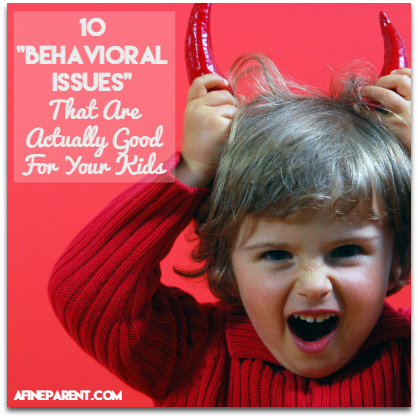 Don’t you sometimes wish you were a carefree child?
Don’t you sometimes wish you were a carefree child?
To just leave behind work, family, financial responsibilities, all the doom and gloom we hear in the news, and just be completely worry-free?
As it turns out though, childhood isn’t as worry-free as we’d like to think it is.
A study of 20,000 Australian children indicated that on average 1 in 5 children worried most or all of the time. The most worried about topics were future, family, and health. Other categories of worry included friends, body image, bullying, world problems, school and being different.
While these stats are sobering, here’s the part that really got to me – of those surveyed, 1 in 5 children said that they wouldn’t talk about it to anyone.
In the study mentioned above, developmental psychologist Dr. Richard O’Kearney says embarrassment and fear of what others would think about them keeps kids from reaching out for help. So, not only are kids experiencing stress, but they’re not reaching out for support.
As a Mental Skills Coach for the last decade, I’ve worked with youth athletes to help them become more mentally strong. I’ve helped kids learn to manage stress both sport-related and life-related — school concerns, social issues with friends, feeling pressure from parents on and off the field, and more.
Now that I have my own kids, I see even more how easy it is for them to experience stress.
While some stress is normal, our kids shouldn’t have to deal with these burdens without a support system (that’s us!). Additionally, they need to have their own arsenal of skills to help them better manage the stress they are experiencing when we’re not around or they are hesitant to bring the situation to our attention.
I want to share with you today some of the strategies that I teach. Please keep in mind that while the ideas below can bring stress relief to many, if you suspect your child has higher levels of anxiety than what seems normal, you may want to check in with your healthcare provider.

 The other day, I was wondering what kind of life my son will have as he is growing up.
The other day, I was wondering what kind of life my son will have as he is growing up. Are your children equipped to manage and make decisions when you aren’t present?
Are your children equipped to manage and make decisions when you aren’t present?
 Kids are cute. But boy, can they press our buttons.
Kids are cute. But boy, can they press our buttons. Let’s be honest: children sometimes suck at being patient.
Let’s be honest: children sometimes suck at being patient.